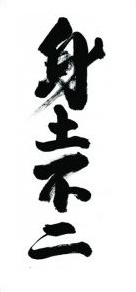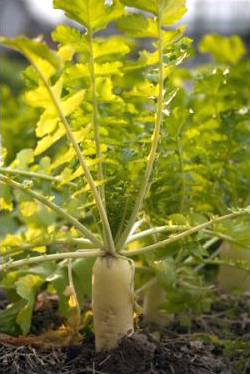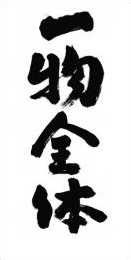shun
seasonal
 pring, summer, autumn, winter. Awaking from the cold winter, new buds receive the gentle light of spring. They bloom and bear fruit in the summer. In the fall rice turns golden and mushrooms grow thick in the mountains. Roots silently fatten beneath the frosted earth in winter.
pring, summer, autumn, winter. Awaking from the cold winter, new buds receive the gentle light of spring. They bloom and bear fruit in the summer. In the fall rice turns golden and mushrooms grow thick in the mountains. Roots silently fatten beneath the frosted earth in winter.
Today artificially cultivated vegetables are available throughout the year with little or no regard for seasonality. When tomatoes are served in wintertime how disastrous it is for them and us! Our bodies should reap the positive energies of the seasons. Shōjin aims to return balance between our bodies and nature based on the prinicples of inyo gogyo (yin-yang and the five elements). Fruits and vegetables, such as tomatoes, eggplant, melon (all classified as the yin element in Chinese cosmology) cool the body in summer. Potatoes, carrots, and radishes (the yang) warm the body in winter. So it is a basic principle in shojin cooking that we eat seasonal ingredients when they are at their very best. We merely assist with a natural process.
shindofuji
“body and earth are one”
 Shojin ryori is rooted in the concept that the earth and body are inseparable. It is only through attaining a perfect symbiosis with the land that we can truly reap the benefits of the earth.
Shojin ryori is rooted in the concept that the earth and body are inseparable. It is only through attaining a perfect symbiosis with the land that we can truly reap the benefits of the earth.
That is exactly why the best foods for the body are not imports from far-flung countries, but rather what the local land offers at that particular time of year. Consider the varieties of indigenous food harvested across the globe. Tropical fruits are thirst-quenching and cooling—perfect for a blazing summer day in a sundrenched land, whereas winter harvests are heart-warming and vitalizing—exactly what you would need on a chilly morning in snowy terrain. What is best for the body on any given season, in any given place, is what is seasonal and local. By eating fresh produce, we can adapt to the environment and live in harmony with the earth.

ichimotsu zentai
“using the whole thing”
 Many may think nothing of throwing away carrot skins and radish leaves, but these ‘scraps’ are actually full of highly nutritious vitamins, minerals, and fibers. In shojin philosophy, it is considered that true gratitude encompasses the whole without producing any waste. Peels, roots, leaves—we are only truly thankful for the food we have when we have eaten and appreciated the vegetable in its entirety.
Many may think nothing of throwing away carrot skins and radish leaves, but these ‘scraps’ are actually full of highly nutritious vitamins, minerals, and fibers. In shojin philosophy, it is considered that true gratitude encompasses the whole without producing any waste. Peels, roots, leaves—we are only truly thankful for the food we have when we have eaten and appreciated the vegetable in its entirety.
True gratitude is also not self-serving. It is something that can become a principle for living, transforming your relationship with your surroundings in general. For example, once you consider eating the whole vegetable, skin and all, it is only logical to choose produce that is grown organically. Choosing food that is free of chemicals and fertilizers is not only a healthy choice, but also an environmentally friendly one too.
Making as small a change as how you eat a single vegetable may lead to greater awareness and gratitude towards the larger ecological environment.
